|
Greetings, Viscerati! Hope you all had a killer Christmas and are shaping up for a huge new year (we certainly are)! How was your 2014? Personally, it's been kinda big; I moved one feature film script closer to completion and started another, wrote my first short film in three years -- which we'll be making, frighteningly soon -- started forming a team of awesome collaborators to take Cinema Viscera to the next level, and basically lined up a shitload of dominos to knock over in 2015, all going well. But more on all that in other posts to come soon. Today, I'm here to extol the virtues of what 2014 gave me in cinema, and other filmic discoveries I had along the way -- broken up into helpful chapters.
Are you kidding??! Yes, I am, and no, we didn't: once Lee and I reconstructed our exploded brain matter from around the room, we leapt at the chance. A good two months before our chat date, we began the herculean task of watching all 36 of Altman's features (Lee also -- insanely, in my personal medical opinion -- took on the great man's 10 made-for-TV movies and two Tanner TV series as well!). What followed was one of the defining film-viewing experiences of my life. The attention to character, the love of actors, the dexterity of staging, the fluidity of camerawork, the cacophony of sound… his films were so urgently, thrillingly alive. Watching M*A*S*H, McCabe and Mrs Miller, Nashville, Short Cuts, Gosford Park and countless other classics, you feel as if life is unfolding in front of you, a life that began before the film unspooled and continues after it ends, a life we've just been privileged to jump into for two hours, yet all filtered through incredibly unique takes on genre. Western, War, Horror, Thriller, Science Fiction, Costume Drama, Crime, Drawing Room Melodrama -- there isn't a genre he didn't successfully tackle. What's more, Michael Altman was a lovely man, a most obliging guest with plenty of great stories and insightful perspectives on his father's films. Studying the method of Bob Altman's madness, immersing myself in his intoxicating, quintessentially New Hollywood aesthetic -- watch M*A*S*H again and tell me that it isn't the American Cinema of the 1970s beginning in front of your very eyes -- felt like an adrenalin shot to the way I think about making films, and, while I don't believe I could ever be brave enough to replicate the gloriously disintegrated chaos of his sets, his intuitive, collaborative, generous way with actors will forever inform the way I direct mine.
Voyages of Discovery.Not to knock the films of 2014 -- as you'll soon see, they've more than pulled their weight -- but many of the most invigorating movie experiences of this year have been older films I finally got around to seeing, or all-time favourites I was fortunate to rediscover on the big screen. Chief among the latter, was the thrill of seeing my #1 favourite film, The Godfather, on the big screen at the Australian Centre for the Moving Image in Melbourne, on a glorious 35mm print sourced from The Academy of Motion Picture Arts and Sciences (yes, the folks who give out Oscars) in Los Angeles. Same goes for ACMI's screening of their likewise acquired 35mm print of The Godfather Part II, (my all-time #5), which proved to be more amazing than ever on this viewing. These two films present American cinema at its optimum: grand yet intimate, planted firmly in genre yet laced with timelessly relevant social commentary about how we live and what we do to each other, forged with flawless craft and embodied by an explosive cast who all get a moment to make an impression. More than ever, The Godfather felt like a precursor to the prestige TV shows that obsess the culture today; Michael's sorry story isn't a million miles away from, say, Walter White's journey in Breaking Bad. The Godfather Parts I & II find Francis Ford Coppola operating at the peak of his godlike 1970s powers, and how one can witness 375 minutes of cinema, and not find a one of them wasted, is one of cinema's true miracles. Masterworks both, and a big screen viewing is not an offer you should refuse.
The whole Jack Rabbit Slims sequence wrought actual tears of joy. The musical way QT and his editor Sally Menke build and deliver such an array of centrepiece scenes into a cohesive, irresistible whole is masterful. And amongst the gunplay and monologues, there's something actually damn near poignant about Jules' final act turnaround; a man who has operated on power and violence his whole life suddenly finding he's no need for any of it -- and truly no idea what to do next. It reminded me just how much of Pulp Fiction is about human connection. The conversations between Vincent and Mia, Jules and Vincent, Butch and Fabienne, Jules and Pumpkin/Honeybunny -- they're all just people trying to make sense of a world that's always perched precariously on a gun barrel, where the most desperate choice is always the easiest and violence literally lurks around every corner. In his larger-than-life way, Tarantino is often most interested in seeing his characters find fleeting pockets of inspiration within the madness that is their lives. Just as I saw it on its second day of release in 1994, I want to devote my life to making movies that make others feel the sheer elation that Pulp Fiction brings to me. It was a wonder way back then, and remains so today -- and will endure. Meanwhile, my biggest non-Altman discoveries of 2014 were two films that actually lived up to their hype as cinematic masterpieces of the highest order, and another that was bafflingly considered a failure for too many years… Let's start there.
Fritz Lang's M (1931) is an phenomenal work in every way, and holds up like crazy today. From its truly chilling opening, to its astonishing tracking shots and composition -- 60 years before we met David Fincher, and even presaging Hitchcock -- to its ZODIAC-style interrogation of what a crime wave does to us on a psychological and socioeconomic level, to never forgetting the comic possibilities inherent in cops and crims hunting for the same perp, to Peter Lorre setting the tone for his long and distinguished career with his terrifying yet pitiable performance, to the powerful kangaroo court finale, from minute to minute M had me wondering how a film from 83 years ago can say so much, in such innovative style, so entertainingly. A jaw-dropper from start to finish. Ingmar Bergman's Persona (1966) opens like a Lars von Trier film -- there's a sentence I never imagined myself ever typing -- and only gets nuttier from there. This exploration of identity and inverting traditional female roles is a closet full of mysteries, bewitching and bewildering in equal measure, yet resonating powerfully on a primal, subconscious level as cinematographer Sven Nykvist's luscious monochrome compositions envelop your senses. One could make a solid argument for Persona being the archetypal "European Art Film", even out of sync with the rest of Bergman's career -- I've never seen him this angry or experimental, and seems to emerge just as much from the turbulence of the mid 1960s as anything else, influencing generations of filmmakers and blowing countless minds. Essential cinema. But enough trips down memory lane. It's time for the show! Paul Anthony Nelson's Unsolicited Countdown of the Best Films of 2014Every year has its share of good and bad, but 2014 was, by any measure, a strong year for movies; perhaps the strongest of the twenty-teens thus far. Once again, most of the year's best were found well outside major US studio fare, but -- credit where it's due -- there was some solid multiplex fare, too. Although they didn't make my cut, much fun was to be had with such spunky blockbusters as BIG HERO 6, GODZILLA, GUARDIANS OF THE GALAXY and EDGE OF TOMORROW, among others. Likewise, despite box office woes doomed by an industry slow to embrace change, 2014 was the best year for Australian cinema this young century, with CUT SNAKE (which screened at festivals this year, with a wider release due for early 2015), THE ROVER, THE BABADOOK, THE INFINITE MAN and the last of Mark Hartley's energetic alternative film history documentaries, ELECTRIC BOOGALOO: THE WILD, UNTOLD HISTORY OF CANNON FILMS, all providing memorable moments. As usual, I duly sidestepped most major US comedies, films that looked particularly bad, or anything Cameron Diaz was in this year. And, naturally, there were quite a few critically or commercially popular films I just plain missed as, well, I can't see everything and, often, didn't really want to. This year kept me pretty damn busy, forcing me to miss a number of screenings I actually did want to attend, so why waste my time with things I didn't? Still, I think you'll agree that I've absorbed a broad spectrum from which to choose my year's finest (my full list of eligible films can be found in the comments). As always, my countdown arrives with disclaimers:
Honourable Mentions (in alphabetical order)(Because this year in film was so strong, I've had no choice but to forgo the usual 5-10 honourable mentions and name a record 12. I just didn't have the heart to kick any out, so rest assured that the 32 films -- my Top 20 + 12 Honourable Mentions -- you're about to read about were all films I genuinely loved in one way or another. I can't think of another year in the decade I've been doing these lists that I've loved so many. Okay, now I'll shut up and count down.)
THE TOP 20 FILMS OF 2014
…and then there were 10...
…which can only mean my #1 film of 2014 is... 1. INSIDE LLEWYN DAVIS The Coen Brothers have outdone themselves. This will not be a movie for everyone; it's wintery, melancholy, low-key and features a miserable protagonist… but it may be my favourite work of their incredible career thus far. Following belligerent, bereaved folk singer Llewyn Davis over one particularly awful week as his life and career continue to unravel, it struck me -- and has so over three viewings now -- as one of the best films ever made about the psychology of an artist. In the Coens' customarily clever, caustic, quirky way, it asks all the big questions that keep artists of all stripes up at night: Are you as talented as you think you are? Does the world really want to hear what you have to offer and, if they don't care, does it all even matter? What if you're the right person in the wrong time? Is your integrity and unwillingness to "sell out" helping or hurting you? Are you selfish and/or your own worst enemy? Watching Llewyn, sad, sarcastic and beat down (a phenomenal performance from Oscar Isaac, fast becoming one of my favourite actors), losing and using the last friends he has left, trying to get by day-to-day and struggling to hold on to what remains of his dignity, is both darkly funny and a moving, humbling experience. The world of early '60s Greenwich Village and folk music is beautifully recreated, which cinematographer Bruno Delbonnel shoots through a cold, ghostly sheen that gives everything a spectral quality, like we're witness to a culture that's already dead but doesn't know it yet. Forged of harsh truths, the pain of creativity and human frailty -- but it's not all sturm und drang: there's some genuinely hilarious moments here -- when Llewyn is roped into a recording of the novelty song Dear Mr Kennedy, for one, or the egotistical, dark-arts-worshipping jazz legend (John Goodman) and his Kerouac-wannabe chauffeur (Garrett Hedlund) Llewyn finds himself driving cross-country with. With every new film, it feels to me like the Coen Brothers' entire career, when all said and done, will end up looking like the Great American Novel On Film, such as they so perfectly capture the foibles, follies and futility of humanity, spanning so many timeframes through experiences that seem so uniquely American yet, somehow, hit us all right where it matters. Thanks for reading, and for supporting us here at Cinema Viscera this year. Looking forward to showing you all kinds of mad and glorious films in 2015 and beyond! Viva la cinema, Paul Anthony Nelson
2 Comments
|
What fresh hell is this?A semi-regular blog exploring films, popular culture, current or future projects and (more often) year-end wrap-up and opinions from CINEMA VISCERA's co-chief, Paul Anthony Nelson. Archives
December 2023
Categories |

Cinema Viscera acknowledges that its offices are on stolen Wurundjeri land of the Kulin Nation, and we pay our respects to Elders past, present and emerging. Sovereignty was never ceded. Cinema Viscera is contributing to the ‘Pay The Rent’ campaign and we encourage others to consider paying the rent with us: https://paytherent.net.au/
|
Proudly powered by Weebly
|

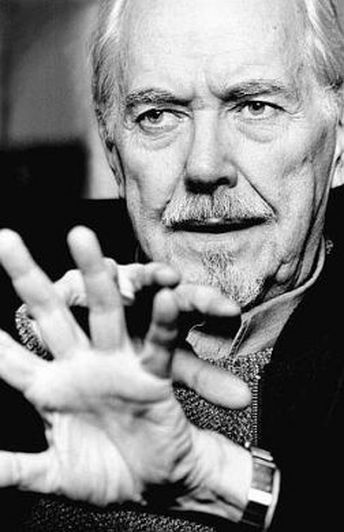
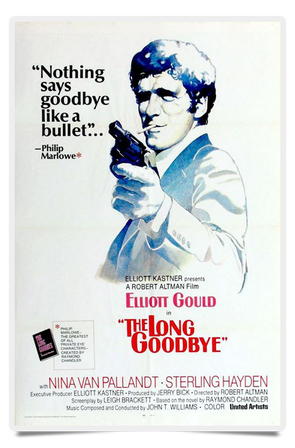
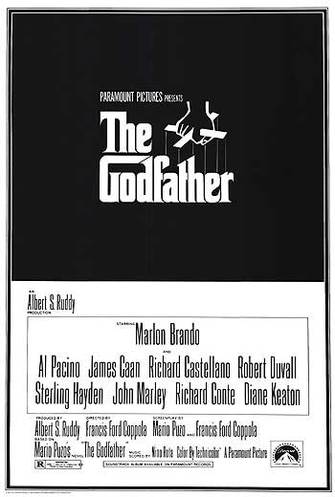
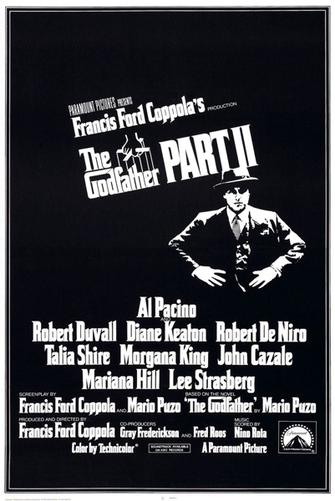
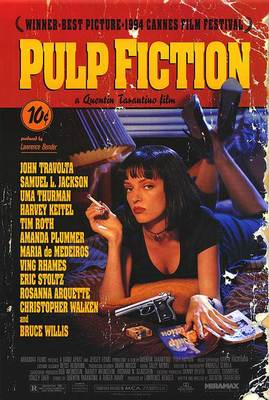
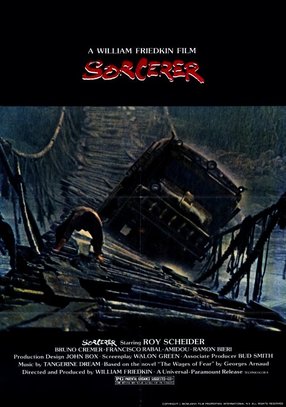
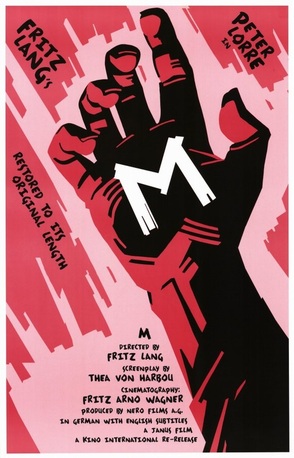
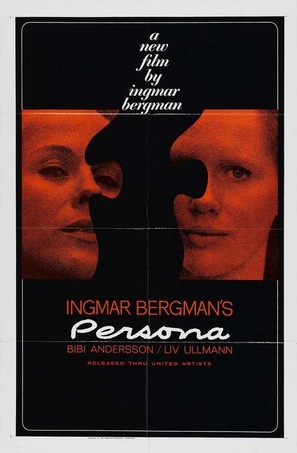
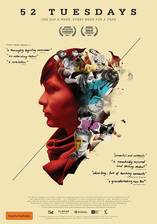
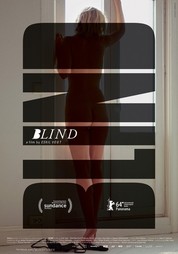
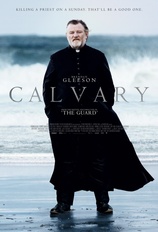
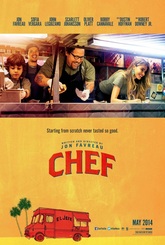
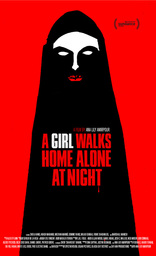
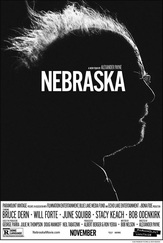
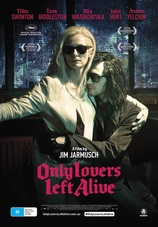
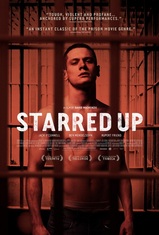
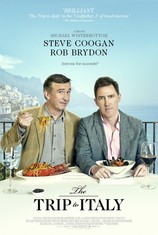
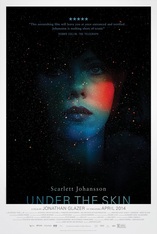
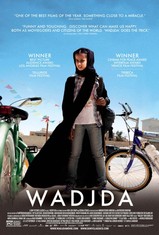
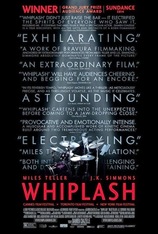
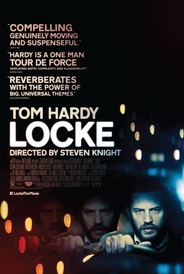
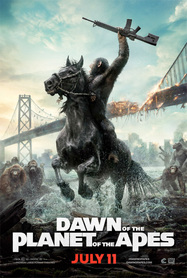
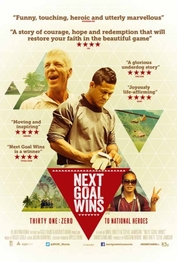
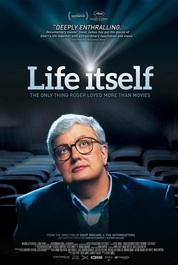
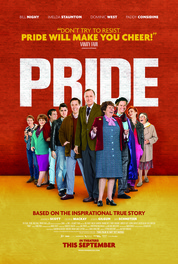
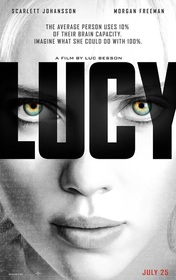
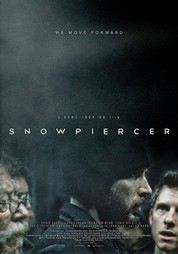
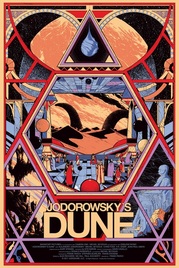
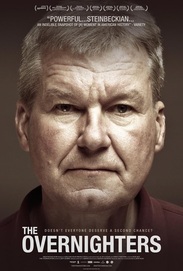
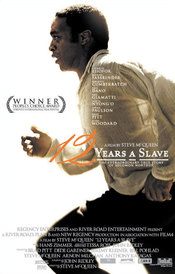
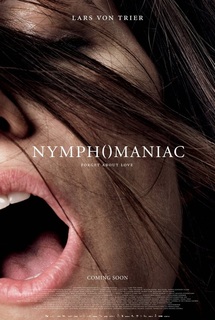
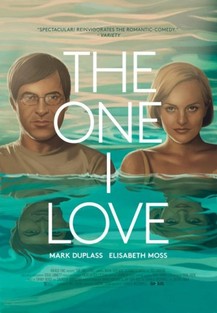
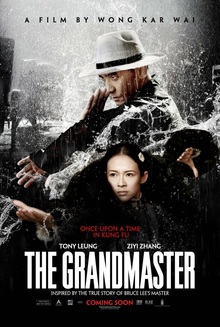
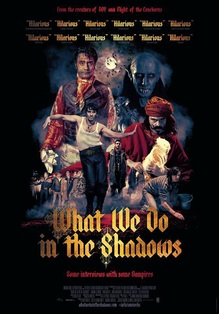
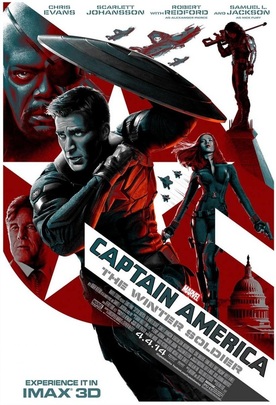
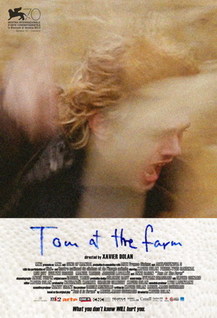
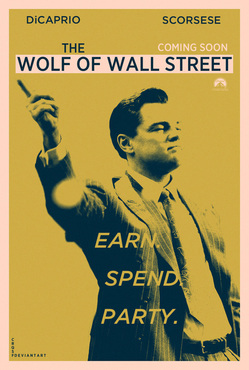
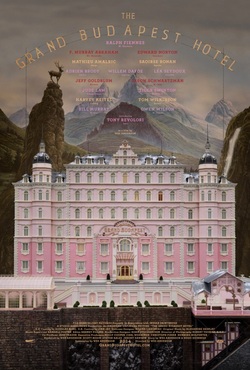
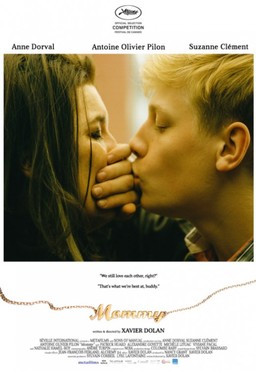
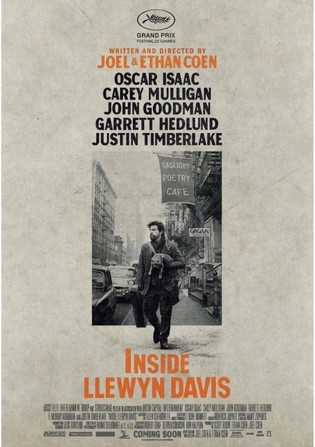
 RSS Feed
RSS Feed